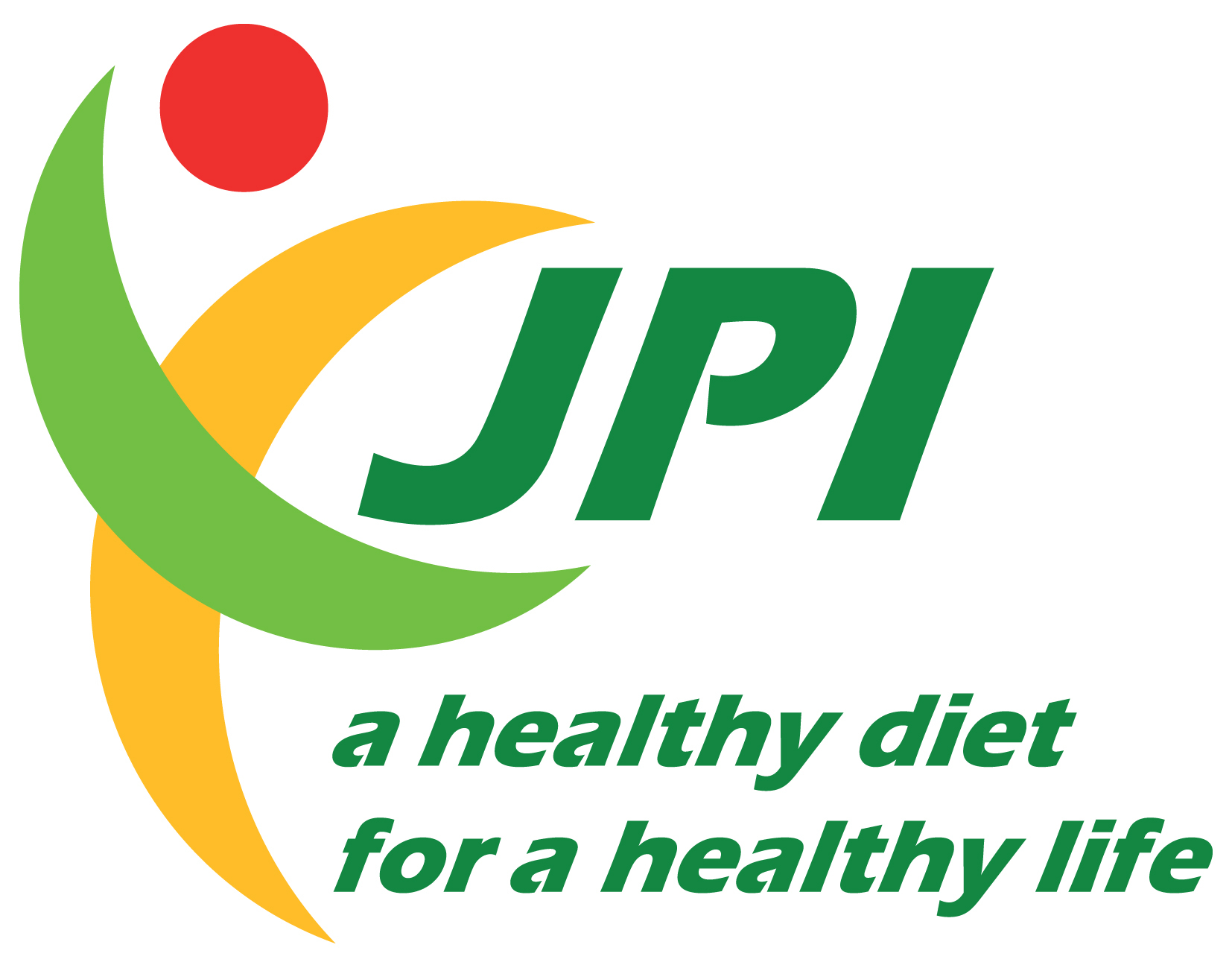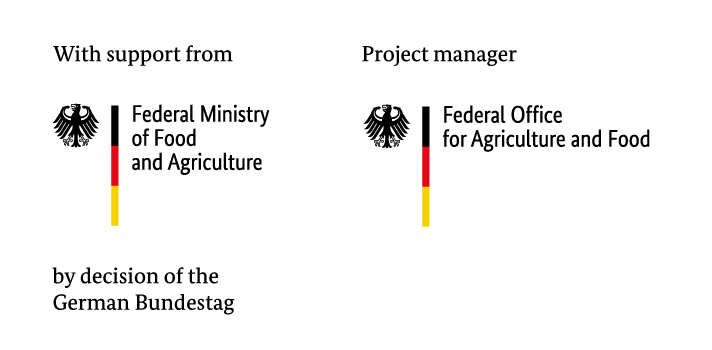
In the fast-paced world of omics research, having the right tools to manage, analyze and visualize data can make a big difference in your results. And that's why we are proud to introduce Semares™ , a software product designed to meet the needs of modern omics research.
With a focus on FAIR (Findable, Accessible, Interoperable, Reusable) semantic biomedical data integration, Semares™ provides a seamless integration of data from multiple sources. This allows you to access, analyze and visualize data in a single, user-friendly platform. One of the key features of Semares™ is the Nextflow workflow analysis plugins. These plugins allow you to automate complex workflows and pipelines, making your data analysis and visualization process more efficient and less time-consuming.
The Jupyter notebook interface provides a convenient way to create and share interactive data analysis and visualization reports. Whether you're working with a team or collaborating with colleagues, the Jupyter interface makes it easy to communicate and share your findings.
The interactive visualizations in Semares™ are also extendable, allowing you to create custom data displays and reports that fit your needs. This can help you uncover insights and patterns in your data that might have gone unnoticed with traditional visualization methods.
Another standout feature of Semares™ is its comprehensive search functionality. With a powerful search engine, you can quickly and easily find the data you need, saving you time and effort. And with features like advanced search filters, you can further refine your results to find exactly what you're looking for.
In conclusion, Semares™ is a game-changer for omics data management, analysis, and visualization. With its cutting-edge features and user-friendly interface, it has never been easier to access, analyze and visualize your data. Whether you're a researcher, a data analyst or a scientist, Semares is the perfect tool to help you get the most out of your omics data.

